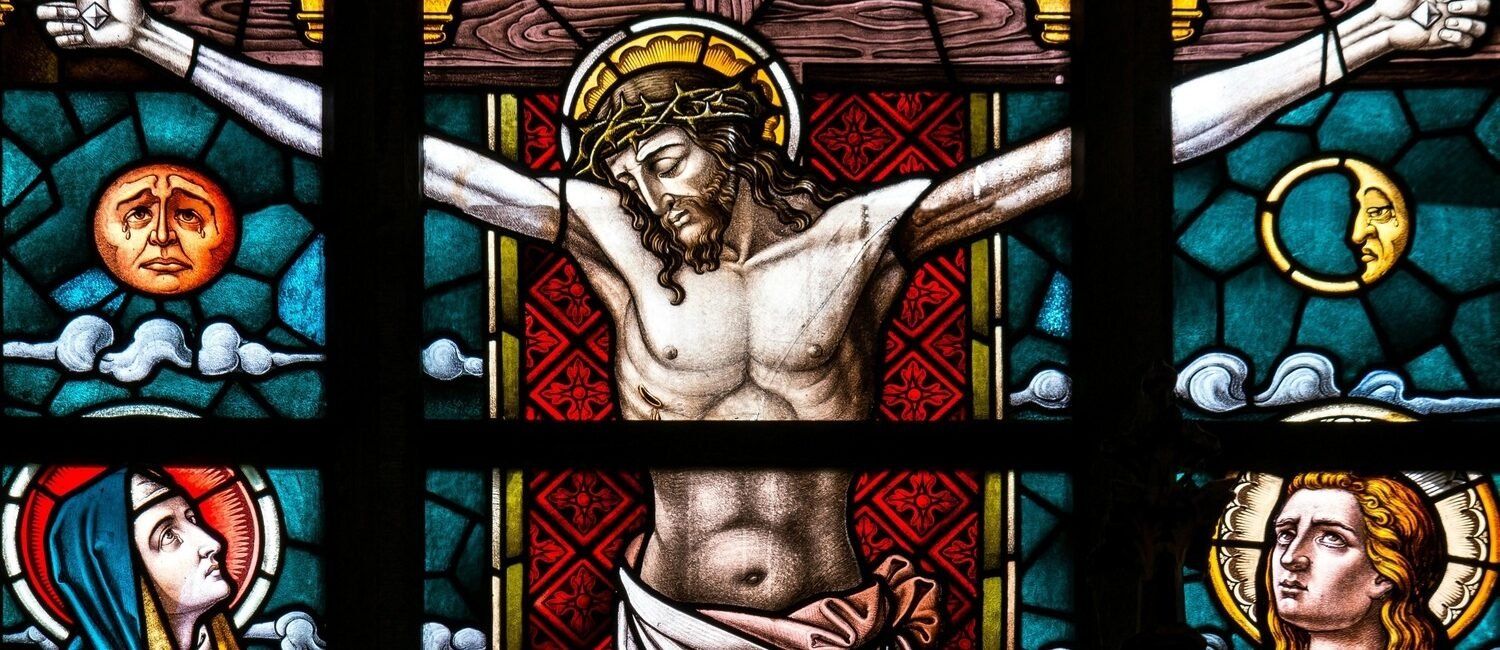
Deuteronomy 33, a pivotal chapter in the Old Testament, unveils the profound blessings Moses pronounced over the tribes of Israel before his death. This chapter encapsulates God’s enduring promises, offering timeless insights into His covenantal love, divine provision, and sovereign plan. Exploring its verses reveals a roadmap for understanding how God’s assurances shape the lives of His people, both in ancient times and today.
The Context of Deuteronomy 33 in Biblical History
Deuteronomy 33 serves as Moses’ final blessing, delivered as the Israelites stood on the cusp of entering the Promised Land. This chapter, nestled within the fifth book of the Torah, captures Moses’ role as a prophet and leader, interceding for the twelve tribes. Each blessing reflects the unique destiny of the tribes while emphasizing God’s faithfulness. The historical setting—after years of wilderness wandering—underscores the significance of these promises as a source of hope and direction. By examining the cultural and spiritual backdrop, the depth of God’s covenantal relationship with Israel becomes evident, highlighting His unwavering commitment to guide and protect.
The Structure of Moses’ Blessings
The chapter is meticulously organized, with Moses addressing each tribe individually, tailoring blessings to their distinct roles. From Reuben’s plea for survival to Judah’s call for strength, each pronouncement reflects God’s intimate knowledge of His people. The blessings for Levi emphasize their priestly duties, while Joseph’s tribes receive promises of abundance. This structure showcases a divine pattern: God’s promises are specific, purposeful, and tied to His greater plan. The poetic language, rich with imagery, amplifies the spiritual weight of these declarations, making Deuteronomy 33 a cornerstone for understanding divine favor.
The Role of Levi’s Blessing in Spiritual Leadership
Levi’s blessing stands out for its focus on spiritual leadership. Moses prays for the tribe to teach God’s laws and offer sacrifices, reinforcing their role as mediators between God and Israel. This blessing underscores the importance of spiritual guidance in fulfilling God’s promises. The emphasis on teaching and worship highlights how God equips His people to uphold His covenant. For modern readers, Levi’s blessing serves as a reminder that spiritual leadership remains vital in accessing and living out divine promises.
Joseph’s Prosperity and God’s Abundant Provision
The blessing over Joseph, encompassing Ephraim and Manasseh, is one of the most lavish, promising prosperity and divine protection. References to “the best gifts of the earth” and “favor from the Almighty” reflect God’s abundant provision. This blessing illustrates how God’s promises extend beyond mere survival to flourishing in the land. The imagery of strength and fertility ties to God’s covenant with Abraham, showing continuity in His plan. For contemporary believers, Joseph’s blessing reveals that God’s promises often include material and spiritual abundance, rooted in faithfulness.
Theological Insights from Deuteronomy 33
The chapter offers profound theological truths about God’s nature. The opening verses describe God as a refuge and ruler, with “everlasting arms” supporting His people. This imagery conveys security and strength, foundational to understanding divine promises. The blessings collectively affirm God’s sovereignty, as He assigns roles and destinies to each tribe. The chapter’s closing declaration, calling Israel “a people saved by the Lord,” encapsulates the ultimate promise of salvation, a theme that resonates throughout Scripture and culminates in the New Testament.
God’s Faithfulness Across Generations
A key takeaway from Deuteronomy 33 is the enduring nature of God’s promises. The blessings were not only for the immediate generation but also for their descendants, pointing to God’s faithfulness across time. This continuity assures believers that divine promises remain relevant. Whether through protection, provision, or purpose, God’s commitments are steadfast, offering hope for every season of life.
Applying Deuteronomy 33 to Modern Faith
Deuteronomy 33 invites reflection on how God’s promises apply today. Each tribe’s blessing mirrors aspects of modern spiritual journeys—whether seeking guidance, strength, or provision. The chapter encourages trust in God’s plan, even in uncertainty, as the Israelites faced entering Canaan. By studying these blessings, believers can discern God’s specific promises for their lives, fostering a deeper connection to His Word. The chapter’s emphasis on community also highlights the importance of collective faith, urging unity in pursuing divine purposes.
Practical Steps to Embrace God’s Promises
To fully grasp the secrets of Deuteronomy 33, believers can study the chapter prayerfully, seeking personal applications. Meditating on the blessings for each tribe can reveal parallels in individual callings. Journaling insights and discussing them in community can deepen understanding. Engaging with the text through sermons or Bible studies can further illuminate God’s promises, making them actionable in daily life.
Deuteronomy 33 stands as a testament to God’s unchanging nature and His desire to bless His people. Its rich imagery, historical depth, and theological insights make it a vital resource for understanding divine promises, offering insights that continue to inspire and guide.


